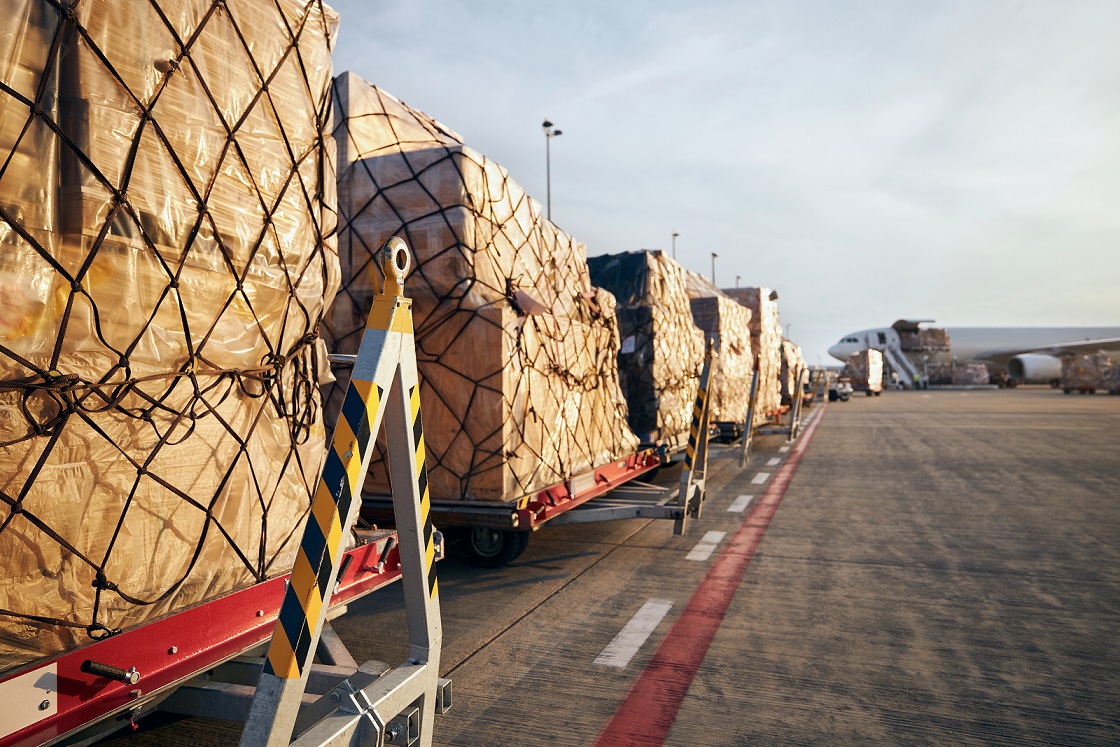Call for insurance market to relax Syria rules for aid flights
14 / 02 / 2023

Photo: Jaromir Chalabala/ Shutterstock
Air cargo group Tiaca has called on insurance markets to relax procedures and penalties when flying to Syria to help get aid into the country following last week’s devastating earthquake.
The cross-industry group described the procedures and financial penalties implemented by insurance markets when flying into Syria as “stringent”.
The strictness of the procedures are due to Syria being considered a war zone.
“Flights need to get as close as possible to where the aid is needed, therefore flying to Damascus or Aleppo is vital to support Syrian relief efforts but with current Hull war risk premiums in place the financial impact is often too much for humanitarian agencies to bare,” Tiaca said.
“We urge the insurance markets to follow the lead of the US Treasury department and remove the current penalty for a limited time period to support relief efforts.”
Tiaca praised the US Department of the Treasury’s Office of Foreign Assets Control, which issued Syria General License (GL) 23 to authorise for 180 days all transactions related to earthquake relief that would be otherwise prohibited by the Syrian Sanctions Regulations.
“The blanket General License authorises earthquake relief efforts so that those providing assistance can focus on what’s needed most: saving lives and rebuilding,” Tiaca said. “This will facilitate aid to flow much quicker to the affected area.”
The association also praised the “immediate and collaborative responses demonstrated by the entire air cargo industry“, from the establishment of humanitarian air bridges to making staff and capacity available to international agencies and NGOs.
“Delivering vital medical supplies, blankets, food and other lifesaving equipment is critical in effectively dealing with the aftermath of the earthquake and over 100 subsequent aftershocks,” Tiaca said.
The association pointed out that the affected area extends to a diameter of over 500km with infrastructure such as roads and airports affected.
“With nighttime temperatures dropping to freezing levels the speed of aid delivered is crucial to support the communities dealing with such horrific loss of life, with tens of thousands dead or injured.”














